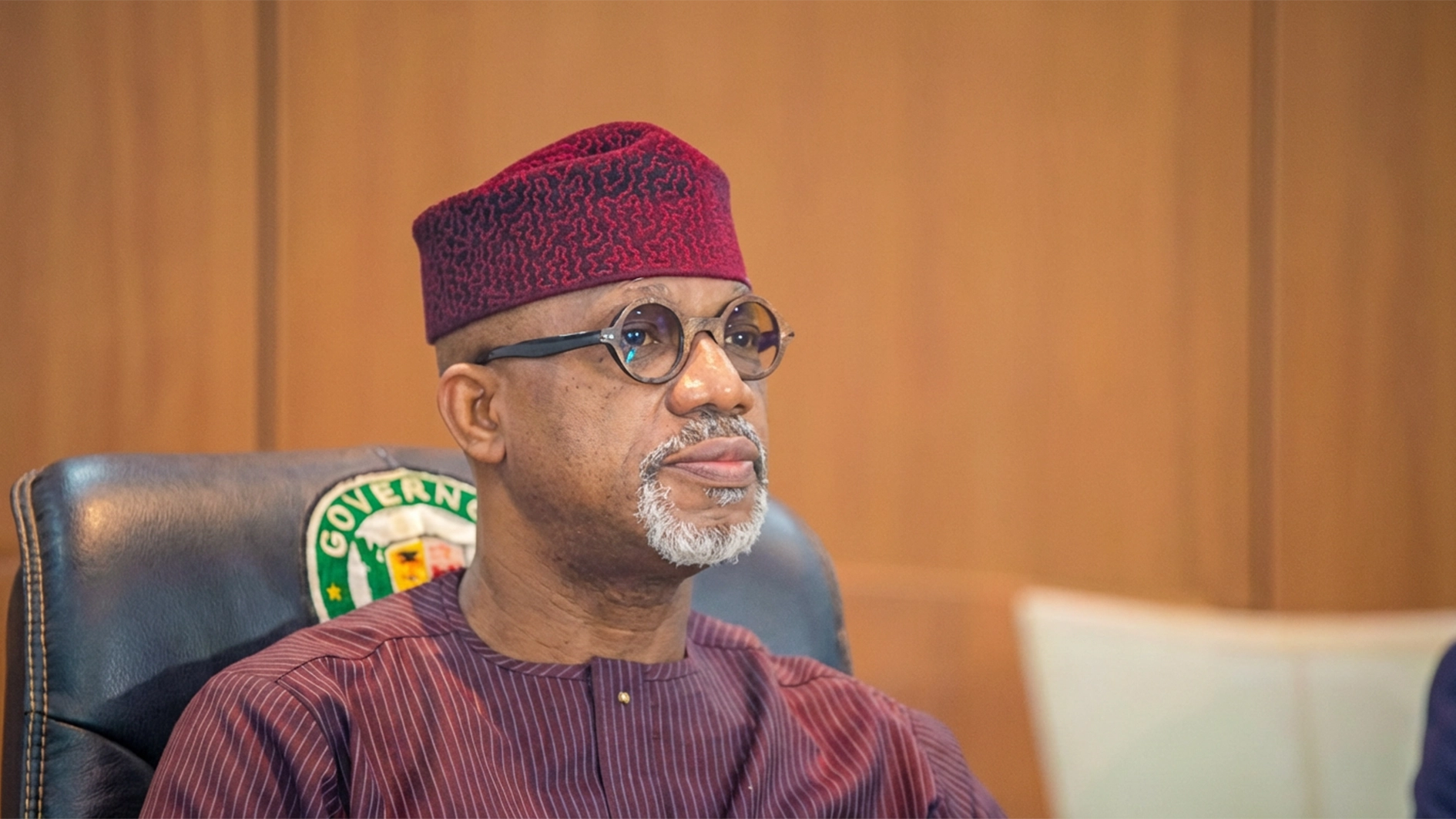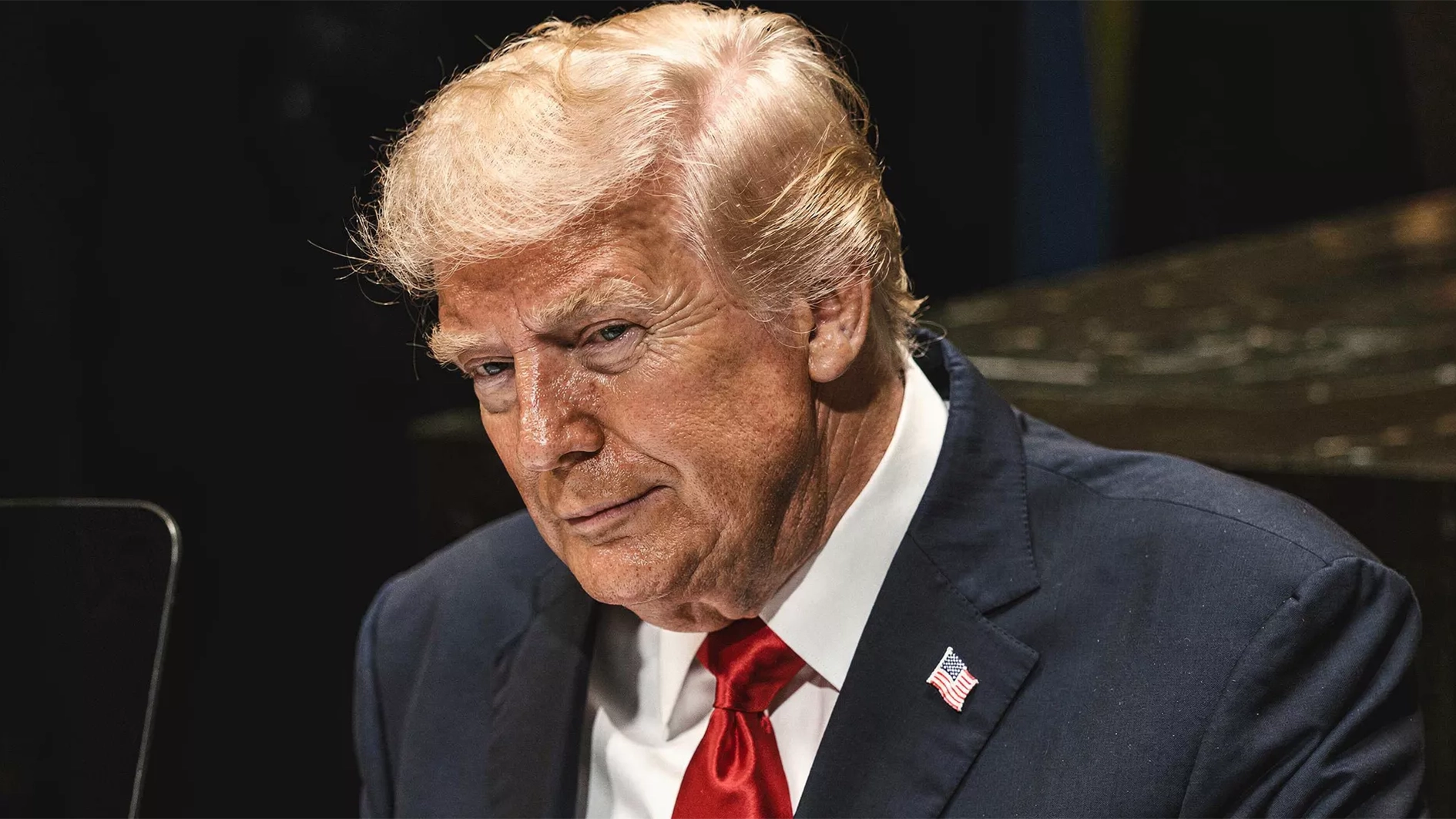Minister of Solid Minerals Development and Chairman of the African Minerals Strategy Group (AMSG), Dr Dele Alake, on Sunday called for an end to what he described as the paradox of Africa’s minerals powering global industrialisation while the continent itself remains under-industrialised.
Alake disclosed this while speaking at the African Mining Week in Cape Town, South Africa, themed “Vision & Strategy – Setting the Stage for Minerals Industrialisation,” where he made a compelling case for a new vision that would transform Africa from a mere raw minerals supplier into a global hub for mineral processing, innovation, and green industrialisation.
He said: “Africa’s minerals have powered industrialisation elsewhere while our own economies remain under-industrialised. This paradox must end. Our vision must be clear to move from extractive dependence to transformative industrialisation.”
He underscored the continent’s strategic role in powering the 21st-century economy through its vast mineral wealth.
Represented by the Permanent Secretary of the Ministry, Farouk Yabo, he stated that the nation is incentivising local beneficiation from gold refining to lithium processing; revoking dormant licences to promote serious investment; strengthening governance and transparency to attract credible global partners; and building a national critical minerals strategy.
He noted that Africa is home to some of the richest mineral deposits in the world, stressing that these resources are critical to clean energy, digital technologies, advanced manufacturing, and global security.
The minister said: “Our youth should no longer seek jobs abroad while opportunities lie buried beneath their feet. The time to industrialise is now. Let us set the stage for an Africa that is not just a participant in the global minerals economy, but a driver of its future,” the Minister asserted.
On the sidelines of the conference, Alake also addressed the ministerial roundtable of the African Minerals Strategy Group (AMSG), where he outlined Nigeria’s efforts to build a $1 trillion economy by 2030 through resource-based industrialisation.
He added: “We are investing in digitising mining processes from data accessibility to mineral traceability. We are also focusing on bequeathing strong institutions and the right policies to drive reforms, hence the ongoing efforts to amend the 2007 Minerals and Mining Act to provide a more robust legislative framework that will propel investments in the mining sector.”
He emphasised Nigeria’s commitment to ensuring traceability from mining to monetisation, affirming that the nation’s minerals are set to come from two sources: licensed holders, or a seller and supplier buying from Artisanal and Small-scale Miners (ASM) who are registered and formalised.
Echoing the sentiments expressed by the Democratic Republic of Congo (DRC), Alake stressed that African countries must prioritise mapping their mineral resources to better understand the location and scale of deposits.
In a statement by his Special Assistant on Media, Segun Tomori, Alake said: “After national mapping, it is the duty of countries to ensure only licensed operators are mining. We must also build adequate capacity for effective supervision.”
Nigeria was also ably represented at the country spotlight session, where the Permanent Secretary gave a presentation on investment opportunities in the solid minerals sector, highlighting key reforms, incentives for investments, and a synopsis of the nation’s mineral endowments.
The African Mining Week was attended by Mining & Minerals Ministers from DRC, Zimbabwe, and Sierra Leone. Nigeria, Gambia, and Ghana sent representatives, whilst major private sector players on the continent also graced the conference.





